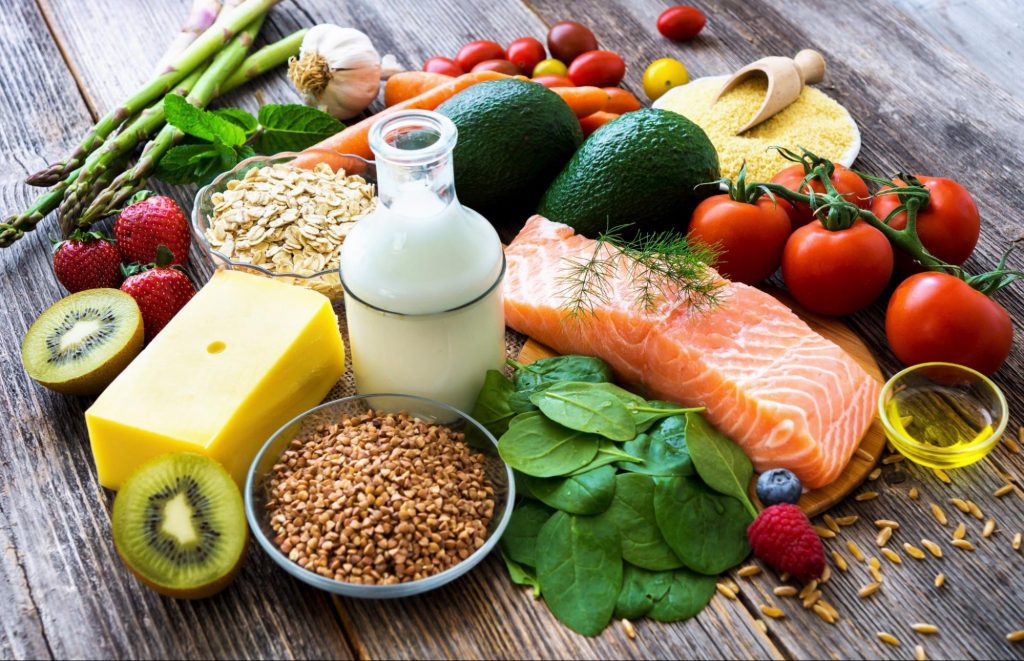Introduction
High blood pressure is a common health issue that can lead to serious complications like heart disease and stroke. Diet plays a crucial role in managing blood pressure levels. This article explores foods that can help lower blood pressure and promote heart health.
Understanding Blood Pressure
Blood pressure measures the force of blood against artery walls. High blood pressure, or hypertension, occurs when this force is consistently too high. Managing dietary intake can help keep blood pressure within a healthy range.
1. Leafy Greens
Leafy greens are rich in potassium, which helps balance sodium levels and reduce blood pressure.
- Spinach: High in potassium and magnesium, supporting heart health.
- Kale: Offers antioxidants and nutrients that promote healthy blood pressure.
- Swiss Chard: Contains potassium and magnesium, aiding in blood pressure regulation.
2. Berries
Berries are packed with antioxidants, particularly flavonoids, which can help lower blood pressure.
- Blueberries: Rich in flavonoids, supporting vascular health and reducing hypertension.
- Strawberries: Offer antioxidants that help lower blood pressure and improve heart function.
- Raspberries: Provide fiber and antioxidants, promoting cardiovascular health.
3. Beets
Beets contain nitrates, which can help dilate blood vessels and improve blood flow.
- Raw Beets: Consuming them in salads or juices can aid in lowering blood pressure.
- Beet Juice: Provides concentrated nitrates that enhance blood vessel function.
4. Oats
Oats are high in soluble fiber, which can reduce cholesterol levels and improve heart health.
- Oatmeal: A heart-healthy breakfast option that supports blood pressure management.
- Oat Bran: Offers concentrated fiber, aiding in cholesterol reduction and blood pressure control.
5. Bananas
Bananas are an excellent source of potassium, which helps counteract the effects of sodium and reduce blood pressure.
- Fresh Bananas: Convenient and portable, providing potassium and supporting heart health.
- Banana Smoothies: Combine with other fruits for a nutrient-rich drink that aids blood pressure regulation.
6. Fatty Fish
Fatty fish are rich in omega-3 fatty acids, which can reduce inflammation and lower blood pressure.
- Salmon: Offers omega-3s that support cardiovascular health and reduce hypertension.
- Mackerel: Provides healthy fats that promote heart health and improve blood flow.
- Sardines: A source of omega-3s and calcium, supporting overall heart function.
7. Garlic
Garlic contains allicin, a compound that can help relax blood vessels and improve circulation.
- Raw Garlic: Incorporating it into meals can enhance flavor and support heart health.
- Garlic Supplements: An alternative for those who prefer not to consume raw garlic.
8. Nuts and Seeds
Nuts and seeds are rich in healthy fats, magnesium, and fiber, promoting heart health and reducing blood pressure.
- Almonds: Provide monounsaturated fats that support cardiovascular health.
- Flaxseeds: Rich in omega-3s and fiber, aiding in blood pressure reduction.
- Pumpkin Seeds: Contain magnesium and antioxidants, promoting healthy blood pressure levels.
9. Dark Chocolate
Dark chocolate contains flavonoids that help improve blood flow and lower blood pressure.
- Dark Chocolate: Choose varieties with at least 70% cocoa for maximum health benefits.
- Cocoa Powder: Can be added to smoothies or oatmeal for a heart-healthy boost.
10. Beans and Lentils
Beans and lentils are high in fiber and potassium, supporting heart health and blood pressure management.
- Lentils: Versatile and rich in nutrients, promoting cardiovascular health.
- Chickpeas: Provide fiber and protein, supporting blood pressure control.
- Black Beans: Offer potassium and magnesium, reducing hypertension risk.
Conclusion
Incorporating these foods into your diet can help manage blood pressure and promote heart health. By focusing on nutrient-rich options like leafy greens, berries, and fatty fish, individuals can support cardiovascular function and reduce hypertension risk. Alongside lifestyle changes like regular exercise and stress management, these dietary choices contribute to a healthier life.

